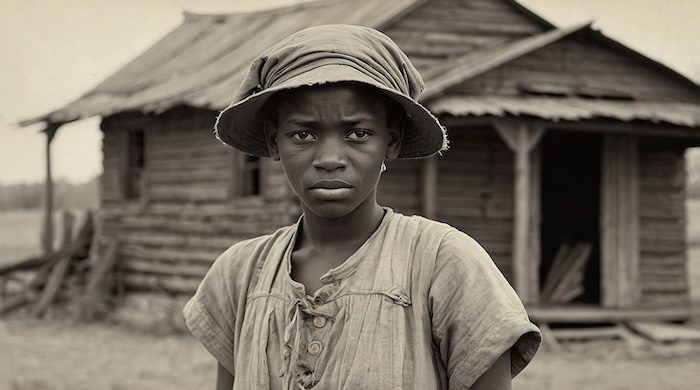
Louisiana Notaries – Indexes, 1770–1966
The New Orleans, Louisiana, U.S., Historical Notaries Collection (1770–1966) is one of the richest genealogical and historical resources in the United States. Covering nearly two centuries, it preserves contracts, wills, succession inventories, and transactions that shaped the daily lives of New Orleans residents. Because Louisiana follows a civil law tradition derived from French and Spanish codes, its notarial system differs from that of other states. These records capture the city’s unique legal culture, its multilingual heritage, and its layered social history, including invaluable documentation of enslaved and free people of color.
Historical Importance
The Louisiana notarial archives reflect more than just legal transactions; they reveal how culture, law, and society intersected in one of America’s most diverse cities.

Why These Records Matter
For researchers, the Louisiana notarial records are more than legal paperwork; they are a social and cultural record of the city:
- ➡️ African American Genealogy: These records provide rare documentation of enslaved individuals, sometimes the only surviving evidence of their existence.
- ➡️ Family & Migration Studies: Succession and marriage contracts reveal kinship, inheritance, and migration patterns that shaped families across generations.
- ➡️ Multigenerational Coverage: With nearly 200 years of documents, researchers can follow families from the colonial period through Reconstruction and into the twentieth century.
- Property & Wealth
- ➡️ Loans, mortgages, and property sales.
- ➡️ Deeds, land transfers, and ownership disputes
- ➡️ Succession records and estate inventories
- Family & Society
- ➡️ Marriage contracts documenting dowries and property rights
- ➡️ Wills and testaments outlining inheritance and guardianship
- ➡️ Business agreements such as partnerships and contracts
- Slavery & Freedom
- ➡️ Bills of sale, slave mortgages, and emancipation agreements
- ➡️ Descriptions of enslaved individuals (names, ages, skills, physical traits)
- ➡️ Records of family separations and manumissions

